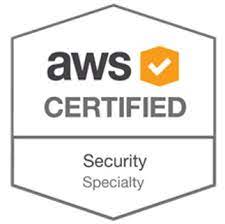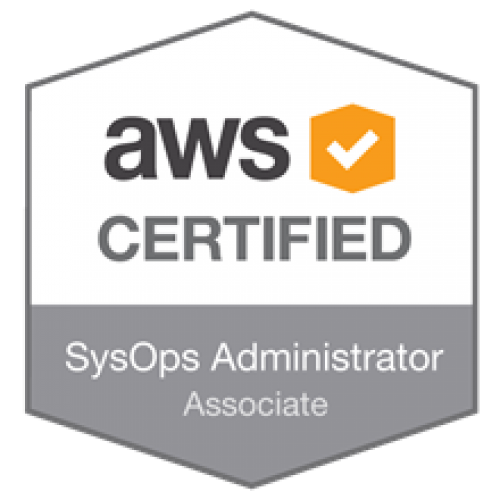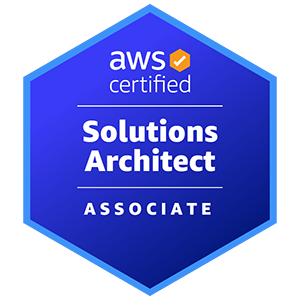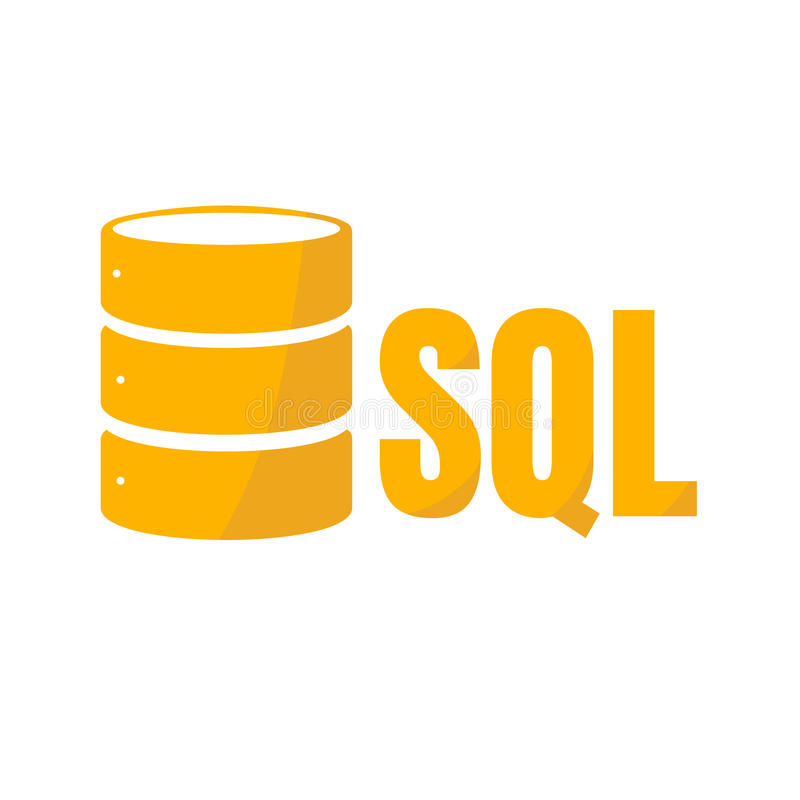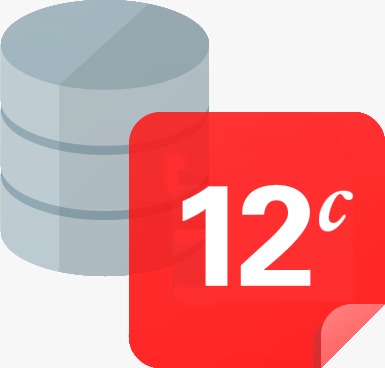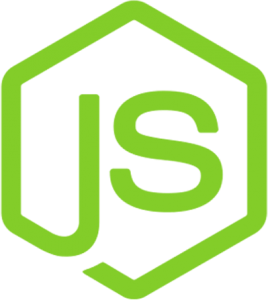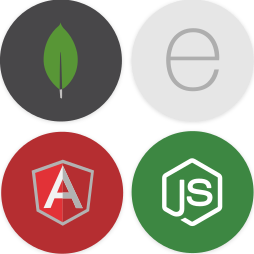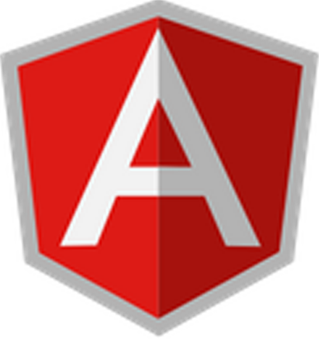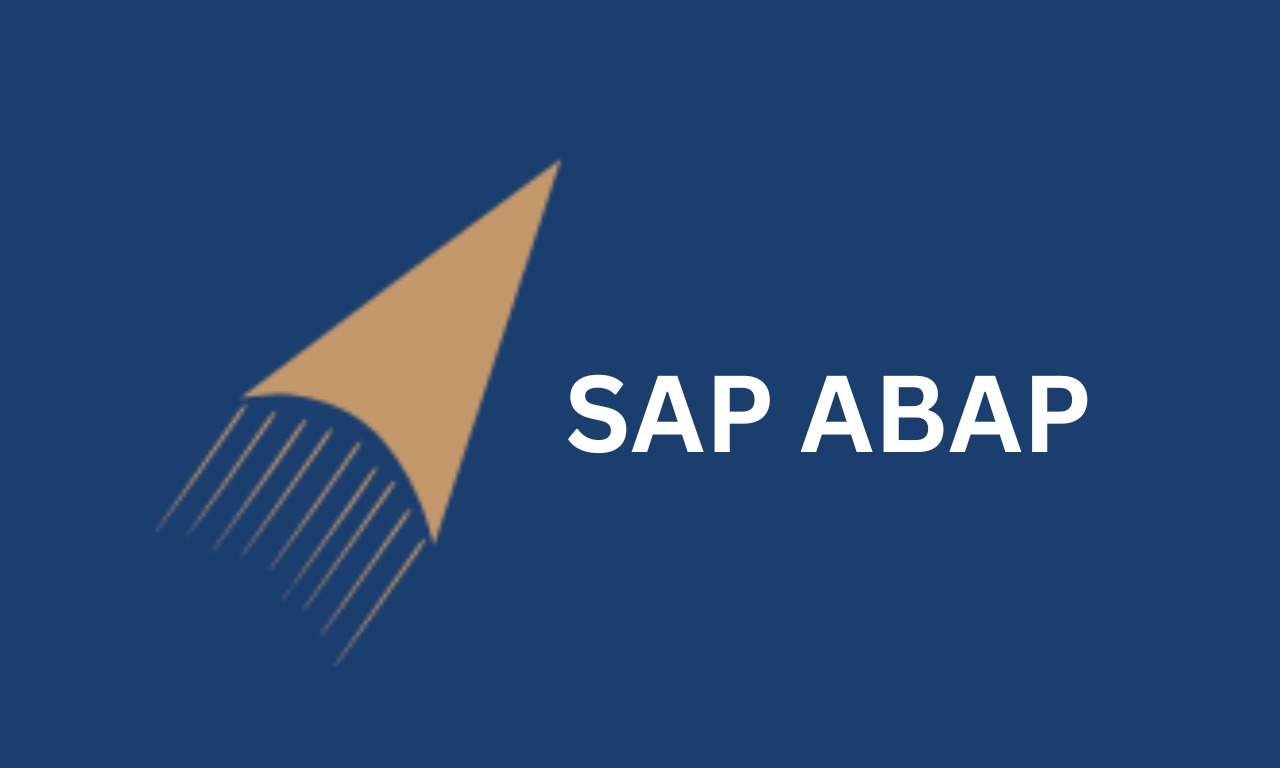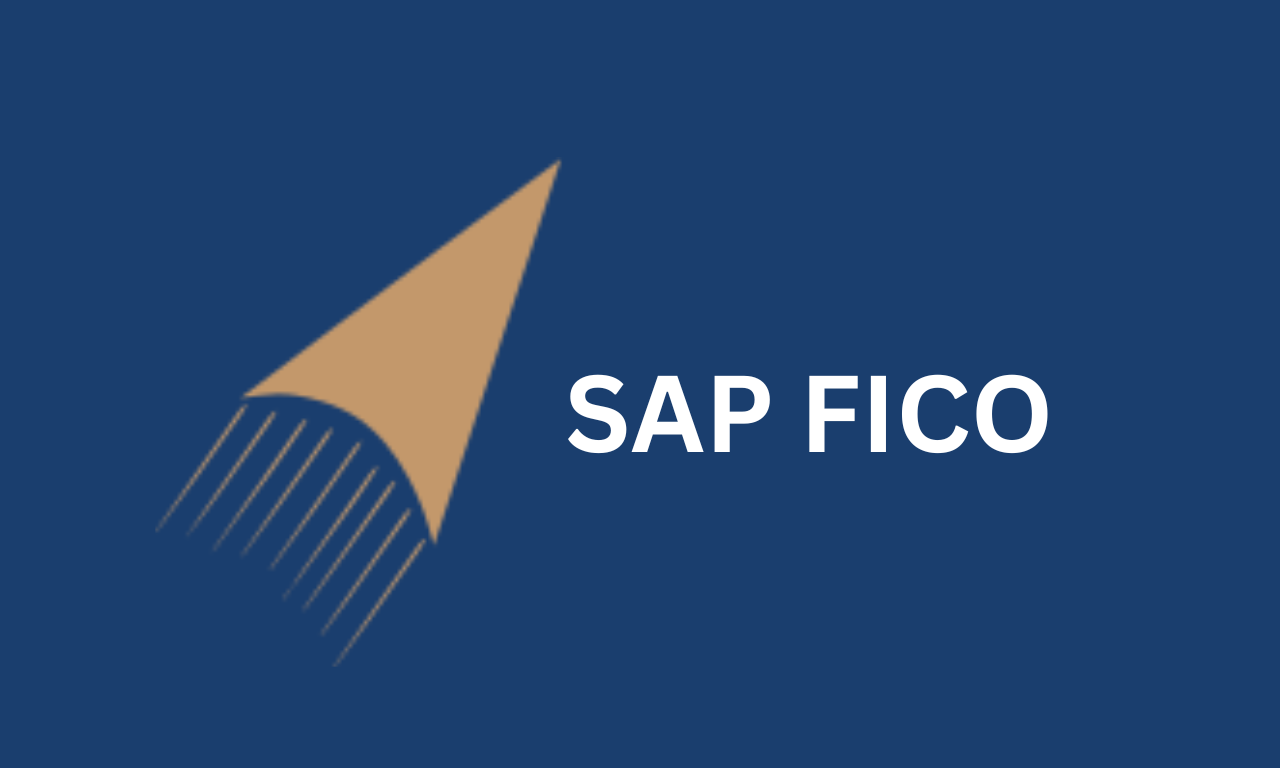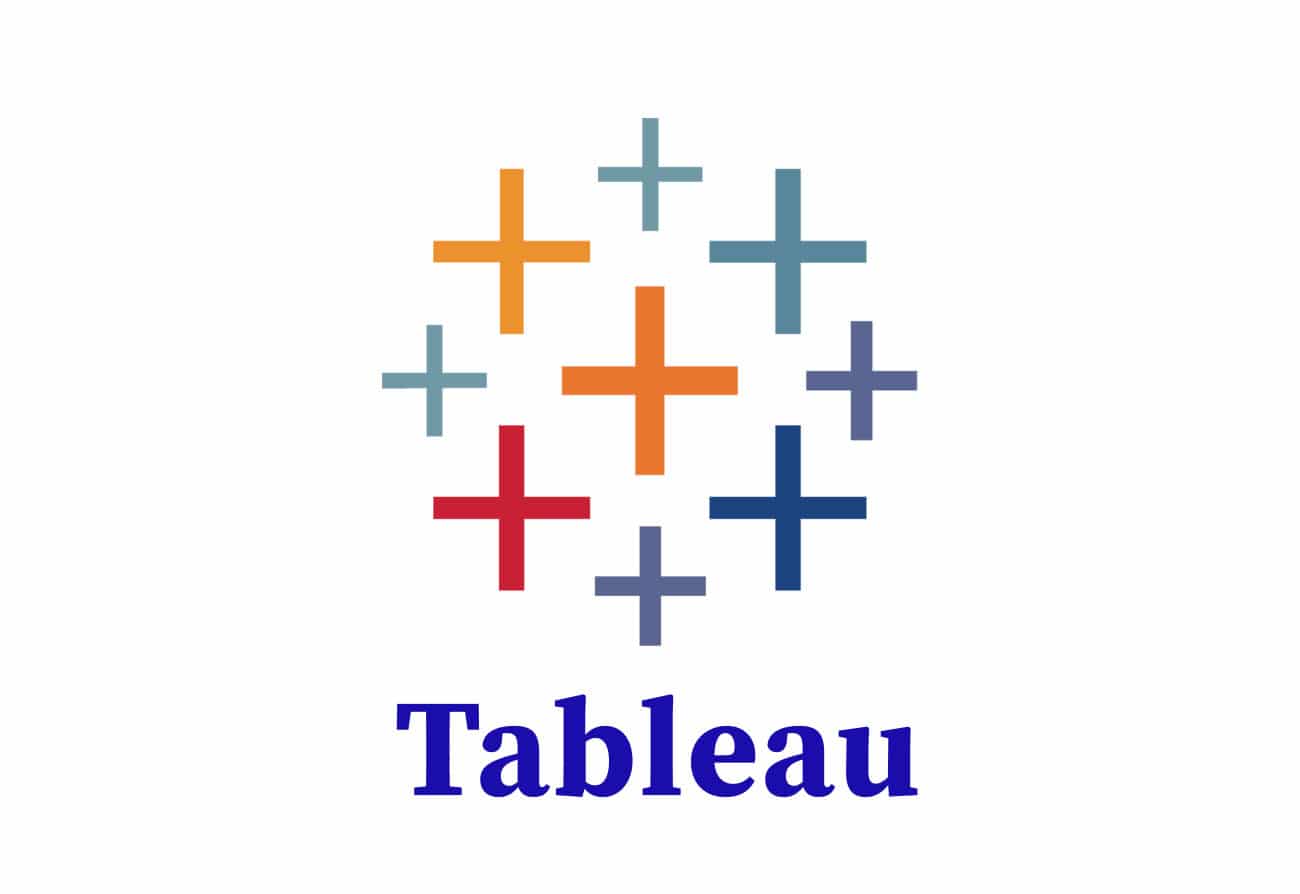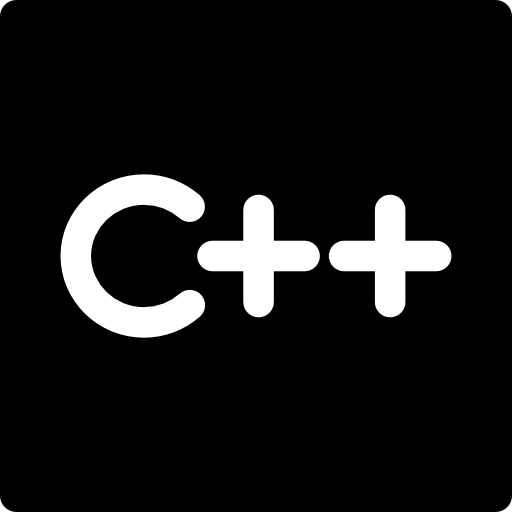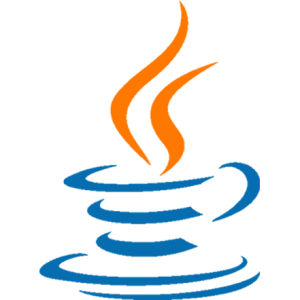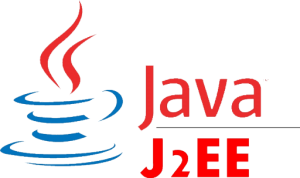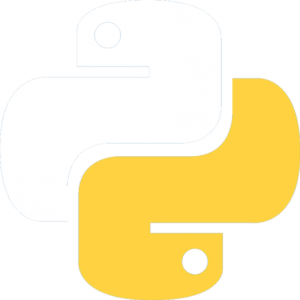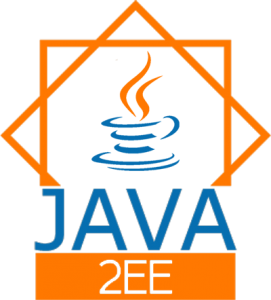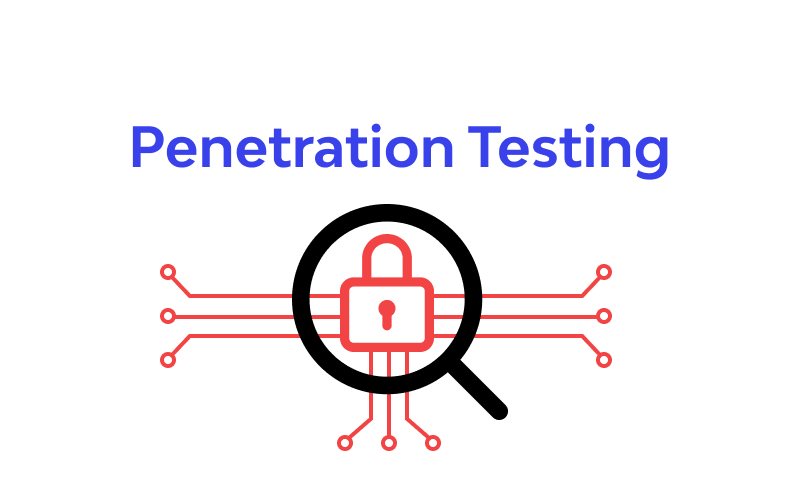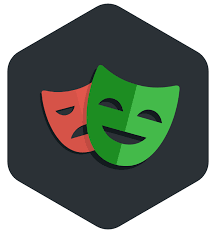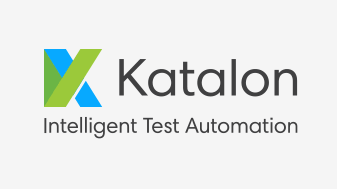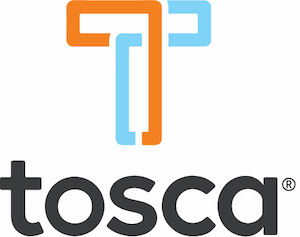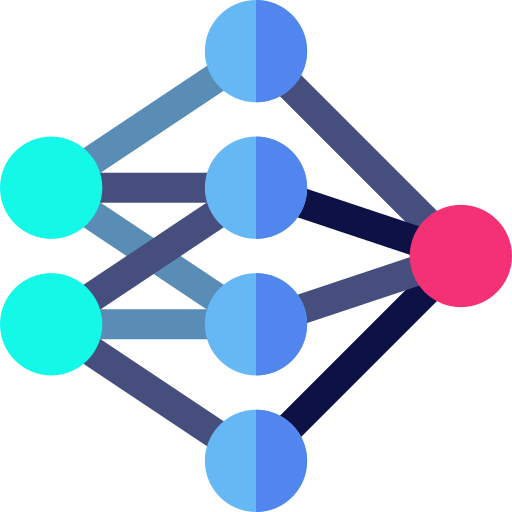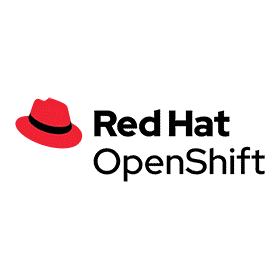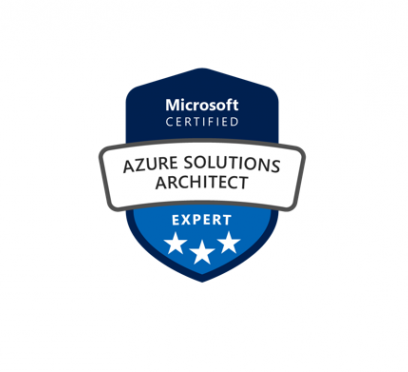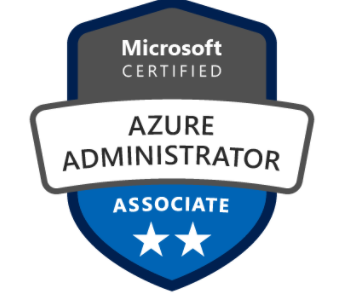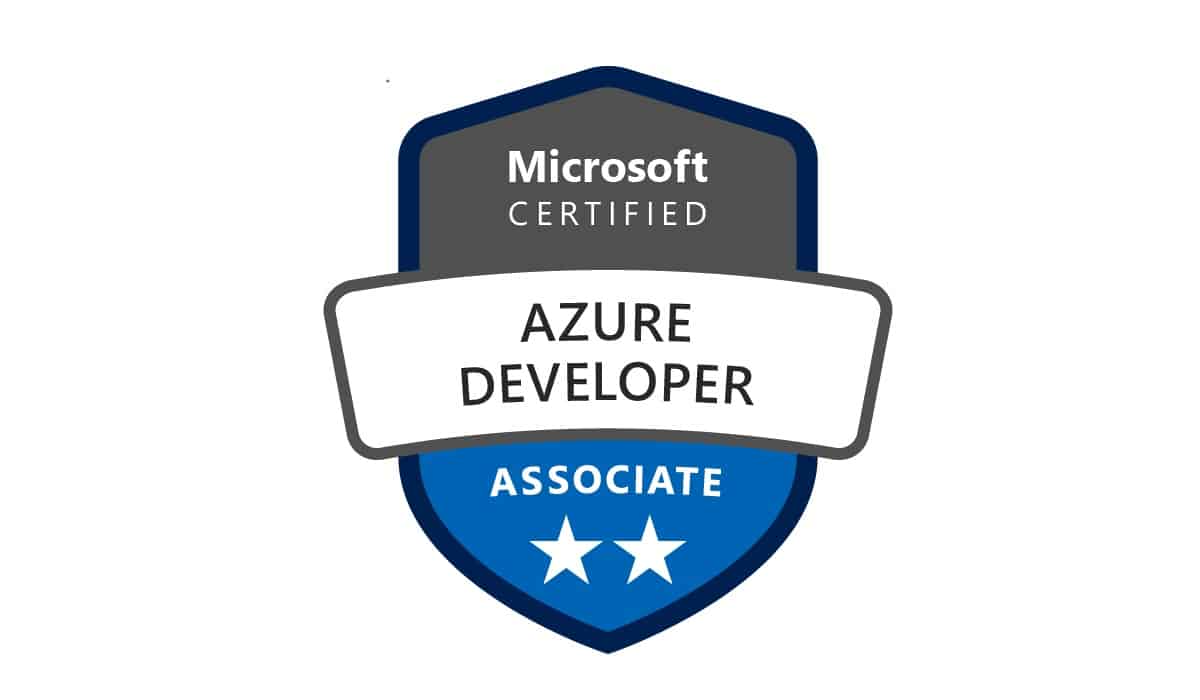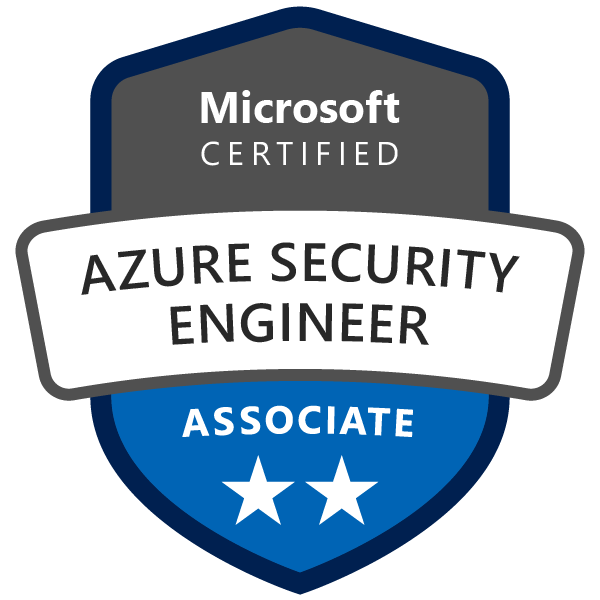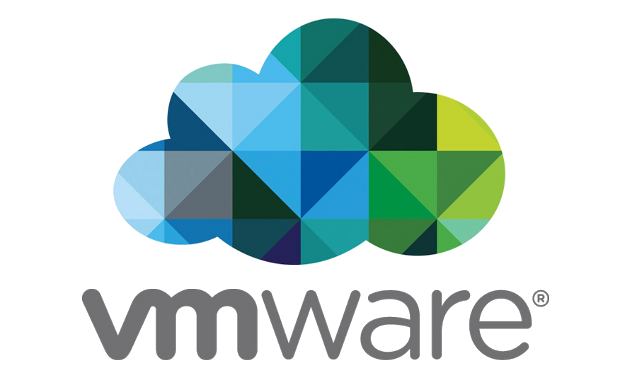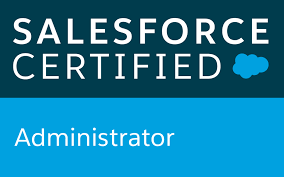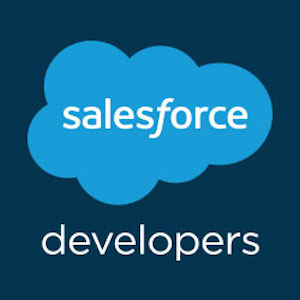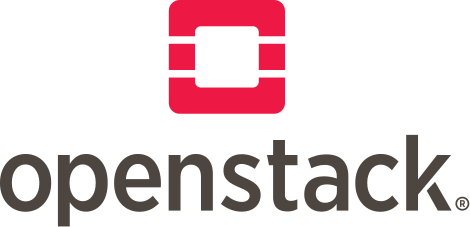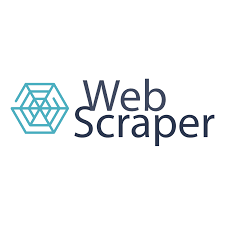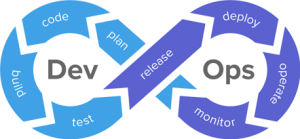Java Training in Chennai
BITA Academy provides the Best Java Training in Chennai. It will cover the entire Java Platform and provide the knowledge needed to advance in a Java Runtime environment. Our Java professionals have created a Java Syllabus that covers Java, J2EE, spring and Hibernate and helps students become familiar with data types, arrays, multithreading, and other concepts. The Internet of Things extensively uses Java Micro Edition, a subset of Java Runtime Environment. Our practical training program will teach you more about it and give you real-world project assignments during your course. The essential Java concepts to learn are JRE and JDK.
What is Java?
Java is a well-known object-oriented programming language and software platform utilized on billions of devices, including mobile phones, game consoles, laptop computers, medical equipment, and many more. Java runs on the Java Virtual Machine and is an object-oriented program (JVM). The platform-independent Java Compiler transforms Java Source Code into bytecode, then translates it to machine code.
What is J2EE?
J2EE is a Java SE extension built on the Java programming language used to create and deploy web-based enterprise applications. It comprises a collection of APIs, services, and protocols that allow developers to create multi-tiered web applications. It contains several technologies, including Servlets, Connectors, Enterprise JavaBeans, etc., that increase the capability of the Java SE APIs.
Difference between Java and J2EE
- Java is an abbreviation for Java Standard Edition (Java SE), used to characterize core Java more accurately. J2EE, also referred to as Java platform today, stands for Java 2 platform, enterprise edition.
- Java is the foundation of core Java, which begins with Java’s fundamental notions. J2EE is the next version of Java, and it uses a two-tier architecture.
- Java is a high-level programming language that borrows heavily from C and C++ in terms of syntax. J2EE is a Java-based computer platform that essentially extends the Java standard Edition.
- Java is primarily used for desktop application development. J2EE is mostly used to create multi-tiered enterprise web applications. Both desktop and web apps can take advantage of it.
- Java is an OOP-based language that makes it easier to design software. J2EE is a group of Java APIs aimed at enterprise technologies, including EJB, Servlet, and JSP.
Java Certification Training
The Oracle Certified Java Certification aids developers in acquiring the knowledge necessary to create Java-based software. Oracle administers exams to determine if you possess the necessary Java knowledge. And this aids in the difficult but necessary work of improving the skills of software engineers. Oracle offers certificates at several levels, which we shall discuss in our Java training sessions. Therefore, these kinds of exams spark motivation in software professionals to learn Java quickly. The most crucial Java concepts, such as concurrency, Java DB Connectivity, and garbage collectors, are covered in the Java SE 13 Syllabus. After completing our Java training in Chennai, we advise all students to pass the fundamental exam. And for this reason, BITA Academy is regarded as the best Java training in Chennai.
Job Opportunities in Java
As a newcomer, finding employment in the Java industry is rather simple. Aspiring programmers have many excellent career options, widespread recognition, and incredibly fulfilling work. Well, it’s unclear how much a Java developer or programmer should know before starting their profession as a newbie. The need for Java among software professionals is high. For Java programmers, there are numerous offers. Since Java is always in demand in the IT industry, numerous sophisticated products have been created. The foundation of network apps is Java. In a recent poll, Java is also listed as one of the essential skills for Data Scientists working with Big Data. Java developers are crucial to the IT transition, so taking this course is important.Java developers in India make an average of 8 LPA. Signup for Java Training in Chennai
The following are some of the job positions in JAVA.
Java Developer
Java Programmer
Java software engineer
Why should you select us?
- You will learn to develop Java Apps once you complete the Java Training in Chennai and will be ready to work in any environment that relies on Java.
- We offer the Best Java Training in Chennai Chennai for Professionals and students who want to start their careers in Software Development.
- Our trainer’s teaching skill is excellent, and they are very polite when clearing doubts.
- We conduct mock tests that will be useful for your Java Interview Preparation.
- Even after completing your Java Training in Chennai, you will get lifetime support from us.
- We know the IT market, and our Java content aligns with the latest trend.
- We provide classroom training with all essential preventative precautions.
- We provide Java Online training on live meetings with recordings.
Reviews from our Java Students
Nandhini A
I completed B Tech and Started to attend interviews for Java Jobs. But I was not able to clear the interviews since most of the questions are related to Java Basics. I came to know about BITA IT Academy through my friend and since this Java Institute was near me, I joined here with no hesitation. Their Java Placement Training was excellent and I would tell you all that this is the Best Java Training Institute in Chennai. They did a fantastic work and I was placed in a big MNC now.
Ashok B
This is the best Java Institute near me and do not miss it guys. BITA Academy offers Best Java Courses in Chennai with real time projects and its useful for my career. Thanks for your support.
Yashika K
I joined this best Java Training Center near me with high dream and they don’t let me down. Their Training Service was at a high standard and the Placement assistance they provided is nice. Good Work.
Other Trainings
Selenium Training in Chennai
JMeter Training in Chennai
Protractor Training in Chennai
Data Science Training in Chennai
Python Training in Chennai
Manual testing Training in Chennai
Angular Training in Chennai
DevOps Training in Chennai
Android Training in Chennai
Mean Stack Training in Chennai
API Testing Training in Chennai
iOS Training in Chennai
QTP Training in Chennai
Big Data Training in Chennai
Hadoop Training in Chennai
Informatica Training in Chennai
Blockchain Training in Chennai
PySpark Training in Chennai
Data Science with R Training in Chennai
Machine Learning Training in Chennai
Azure Training in Chennai
SAP ABAP Training in Chennai
LoadRunner Training in Chennai
Dot Net Training in Chennai
Frequently Asked Questions
We will arrange for a counselling session with you first to understand your requirements and based on it, we will allot any one of our trainer who are industry experts and has real time working experience in this field.
Yes. We will arrange a back up session for you if you miss any one of the classes. But we request you to be regular for the classes as we have limited training sessions for a course.
Yes, you need to have a laptop to attend our classroom training sessions. We will provide you the software details that are required for the course.
Yes. Our tech team will assist you on the software installation process that is required for the course program and we will guide or offer technical support if in case you face any issues during the course period.
Yes. We have a proper process in place to share with you the materials and codes that we will be used in this course program.
Yes, you can walk in walk in any time to our office for practise sessions. Our support team is always available to support you.
You can call us or walk in to our office to provide you more details on it.
Yes. we Provide certificate after completion of the course that will add more value to your profile for anyone who plans to attend job interviews.
Yes. we offer good discounts for professionals or students who join as batches. Please call us for more details on the current offers that is going on.
Yes, we offer corporate training at the best price ensuring that there is no compromise in the quality. Call us for if you need support there.





